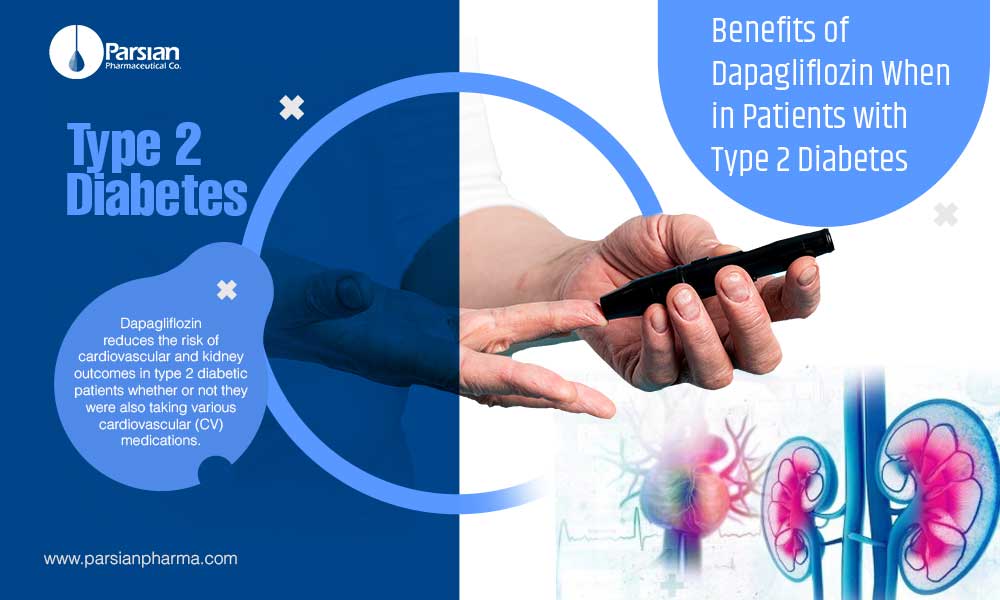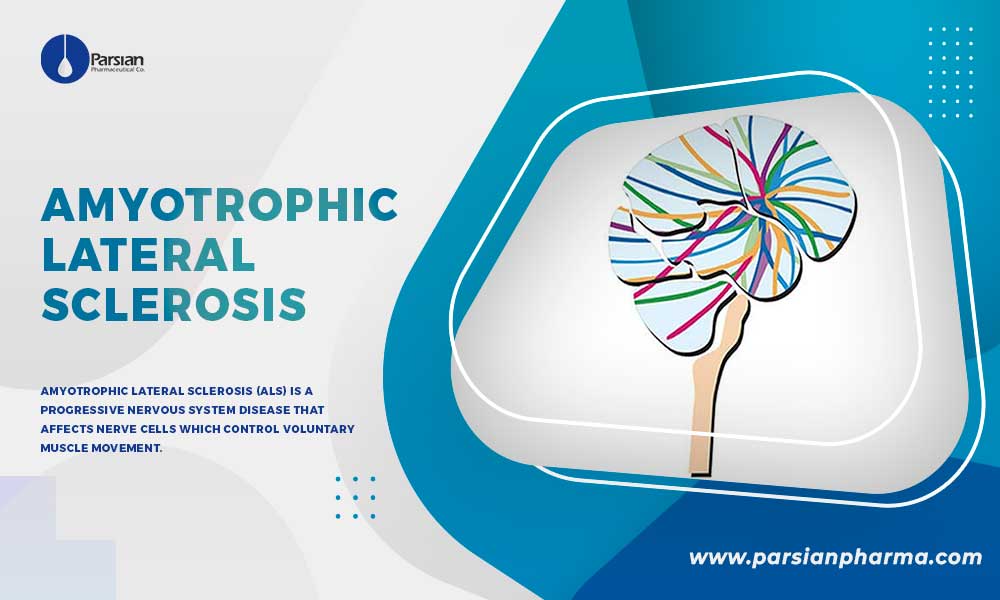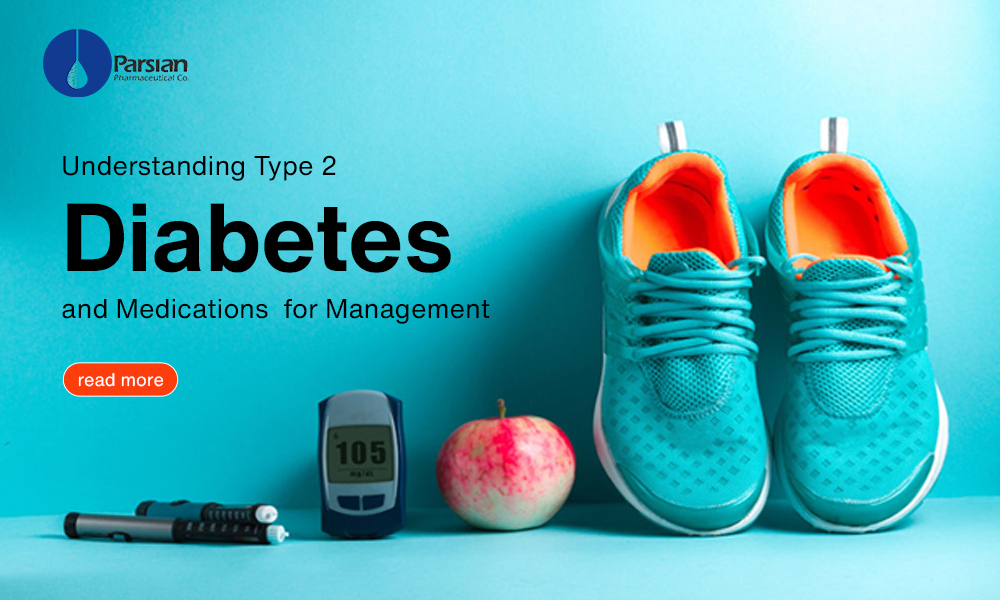Benefits of Dapagliflozin When in Patients with Type 2 Diabetes
Abstracts
Dapagliflozin reduces the risk of cardiovascular and kidney outcomes in patients with type 2 diabetes whether or not they were also taking various cardiovascular (CV) medications. The study that has published in JAMA Cardiology, explored whether the diuretic and antihypertensive effects of dapagliflozin, a sodium-glucose cotransporter 2 (SGLT2) inhibitor, caused adverse interactions when is used with CV medications with similar properties.
Background
Effect of Dapagliflozin on kidney and Cardiovascular outcomes
In the Dapagliflozin and Prevention of Adverse Outcomes in Chronic Kidney Disease (DAPA-CKD) trial, dapagliflozin reduced the risks of progressive kidney disease, hospitalized heart failure or cardiovascular death, and death from all causes in patients with CKD with or without type 2 diabetes. Patients with more severe CKD are at higher risk of failure of kidney, cardiovascular problems and all-cause mortality. In this post hoc analysis, the efficacy and safety of dapagliflozin was assessed according to baseline Kidney Disease Improving Global Outcomes (KDIGO) risk categories; the results showed that based on consistent benefits of dapagliflozin on kidney and cardiovascular outcomes across KDIGO risk categories dapagliflozin is efficacious and safe across a wide spectrum of kidney disease severity.
—-
In this current study dapagliflozin showed it can reduce the risk of cardiovascular and kidney outcomes in patients with type 2 diabetes whether or not they were also taking various cardiovascular (CV) medications. The study that has published in JAMA Cardiology, explored whether the diuretic and antihypertensive effects of dapagliflozin, a sodium-glucose cotransporter 2 (SGLT2) inhibitor, caused adverse interactions when is used with CV medications with similar properties.
Dapagliflozin reduced systolic blood pressure and slowed the decline in estimated glomerular filtration rate to a similar degree irrespective of concurrent CV therapy. Compared with placebo, dapagliflozin consistently reduced the risk of the composite of CV death or hospitalization for heart failure (HHF), HHF alone, and a kidney-specific composite outcome regardless of the use of CV medications. In patients receiving ACEI/ARBs plus β-blockers plus diuretics, dapagliflozin reduced the risk of CV death/HHF and the kidney-specific outcome. There were no significant treatment interactions between dapagliflozin and CV medications leading to volume depletion, acute kidney injury, or hyperkalemia.
Interpretation:
Among patients with symptomatic HFrEF, dapagliflozin was beneficial. There were two group one who got dapagliflizin+ their medications and one who got placebo+their medications. Dapagliflozin vs. placebo was associated with a reduction in cardiovascular deaths and heart failure events, a reduction in recurrent heart failure events and also improvement in symptoms, and dapagliflozin vs. placebo was associated with a reduction in ventricular arrhythmias. Benefit was consistent across the age spectrum, risk spectrum, baseline diuretic use, in diabetics/nondiabetics, across the range of baseline health status, and baseline medication use. There was no sign of adverse safety events, decline in eGFR was common with dapagliflozin; however, this was actually associated with better clinical outcomes. Dapagliflozin is an important choice in the treatment of patients with HFrEF.
These studies support efforts to implement and develop strategies to optimize the use of SGLT2 inhibitors in a broad range of type 2 diabetic patients regardless of background therapy.
Related Article
Previously FDA approved Empagliflozin for Wider Range of Patients with Heart Failure
On February 24, 2022, The U.S. FDA approved an expanded indication for empagliflozin, which is a sodium-glucose cotransporter 2 (SGLT2) inhibitor like dapagliflozin- , to reduce the risk of Cardiovascular (CV) death and Heart failure (HF) hospitalization in adults with HF with reduced or preserved ejection fraction.Empagliflozin was originally approved by the FDA in 2014 to improve glucose control for adults with type 2 diabetes. In August, 2021, the FDA approved empagliflozin to reduce risk for CV death and HF hospitalization in adult patients with heart failure reduced ejection fraction (HFrEF), regardless of whether they have diabetes. Read More
Related products
References










